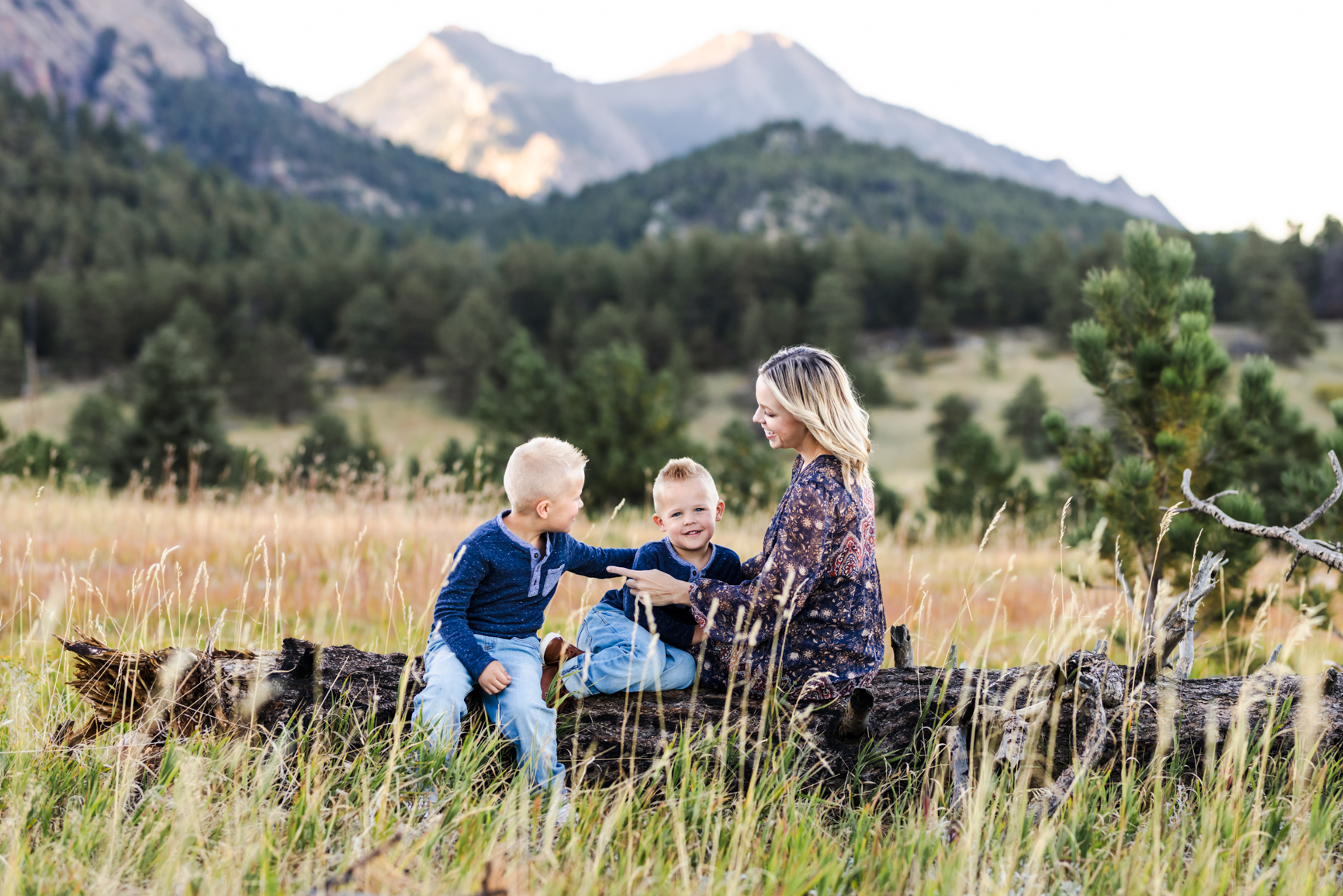10 predictions for travel in 2021

1. The meaningful bucket list
All this confinement has given us itchy feet and big ideas. Suddenly unable to travel, we appreciate our former freedom like never before – and are vowing to make our next escape count, planning dream trips on an epic scale. Tour operators report booms in ‘bucket-list breaks’, safaris and adventure holidays. Furthermore, some who lost out on holidays last year have more money to spend on travel in 2021.
“Our customers are booking quintessential ‘bucket list’ destinations,” says Intrepid Travel’s MD Zina Bencheikh, who reports heightened interest in Antarctica, the Himalayas and the Inca Trail. “They’ve had time during lockdown to think about and research the places they’ve always dreamed of visiting, and they want to have that big holiday to look forward to.”
Crucially, the new Bucket List is less about list-ticking, and more about having authentic, meaningful experiences along the way.
HOW TO DO IT
Intrepid’s 11-day ‘Best of Antarctica’ is led by experts in marine biology, glaciology and Antarctic history, and includes kayaking, zodiac trips and camping overnight on the great white continent (from £5,695pp; intrepidtravel.com).

2. Epic staycations
With long-haul travel off the cards during the pandemic – not to mention the environmental and financial factors – we’re rethinking the idea that you have to travel to the farthest-flung corners of the earth for off-grid adventures, when we can find them right here in the UK.
“There seems to be a real yearning to get back to nature and reconnect after this stressful time in isolation,” says James Lynch, founder of Welsh woodsy homespun retreat Fforest. “In a way, we are pleased that this will encourage people to explore their own backyard, appreciate the beauty of our land and slow down a little.”
Travel innovators are creating ever-more intrepid itineraries in the UK’s wildernesses for 2021: the Lake District, Peak District, and the wilds of Wales and Scotland.
HOW TO DO IT
Launching this spring, Wildnis is founded by ex Army Majors, who lead guided expeditions in the Highlands, combining basecamping, rafting, scrambling, front abseiling and munro-bagging, with outdoor feasts cooked by a Michelin-star-level chef (four nights from £3,000pp; wildnis.co.uk); while Wilderness Scotland has partnered with Wild Frontiers to create their inaugural UK trip around the isolated north’s archipelagos, the week-long ‘Exploring the Orkneys & Shetlands’ (from £2,095pp; wildfrontierstravel.com). In Wales, Fforest and SpiritCymru are teaming up for Gran ffondo, a long weekend of cycling, along with pub pitstops, fireside storytelling, saunas and tunes (7-10 May; from £195; coldatnight.co.uk).

3. Slow travel/Low travel
The slow travel movement has gained momentum in recent years, and the pandemic has only served to accelerate it, as a growing number of us seek to explore the world in a more sustainable, low-impact way, embracing ‘low’ travel wherever possible – by train, bus, bicycle, car, small boats, or on foot; and, if not forswearing flights entirely, then flying less, and taking fewer trips for longer to reduce footprints without sacrificing travel altogether. Research by Original Travel (originaltravel.co.uk) has shown that their clients wish to “travel less and travel better,” as Michael Palin urged, and has launched a new collection entitled just that.
“There was already a rising tide of support for rail travel due to its environmental benefits compared with flying,” says Guy Saunders, MD at Planet Rail (planetrail.co.uk), which is launching a fleet of new journeys for 2021. “Now, with increased concerns about overcrowding at airports and on aircraft, our clients appreciate the benefits of rail travel more than ever.”< /p>
HOW TO DO IT
Slovenia is 2021’s European Region of Gastronomy, and features abundantly on greendestinations.org’s Top 100 Sustainable Destinations list; slow travel specialist Inntravel (inntravel.co.uk) has new week-long walking holidays (from £885pp) and rail journeys (from £1,045pp), trundling around Slovenia’s lesser-known parts. Also on that green Top 100 is Rwanda’s Volcanoes National Park, where The Slow Cyclist (theslowcyclist.co.uk) takes travellers pedalling through villages overlooked by most visitors, seeing community projects as well as mountain gorillas.

4. A return to old favourites
For all our big plans to flashpack around Japan or swim with whale sharks in the Kimberley, what many of us want in 2021 is simply a holiday somewhere we love, with the people we love. And so we return to old favourites – those guaranteed-good-time holidays in time-worn destinations.
“One thing we’ve all missed during this time of solitude has been seeing our friends and family regularly,” says Tom Marchant, co-founder of Black Tomato, “and in a year that has upended so many of our ways of life, travel will for many act as an old friend. What people have realised is that travel for 2021 needs to be familiar, and there is a longing to return to countries they know and love… that sense of familiarity, and conviviality, is comforting.”
HOW TO DO IT
For many, Europe is hard to beat, for its food, culture, diversity, beauty – and knock-out beaches. Villa rental company The Thinking Traveller (thethinkingtraveller.com) has expanded its portfolio this year, now covering Italy, the Greek Islands, Corsica and Mallorca.
5. Working from anywhere
The digital nomad lifestyle was once an impossible dream – until this year. Now, as professional practices are recalibrated, it has suddenly become easy to work from anywhere – in hotels, villas, or even on the road in Glamper RV’s souped-up campervans doubling as mobile offices (glamperrv.co.uk). Hotels have been quick to offer longterm rates, with lounges resembling open-plan WeWork spaces; villa rental companies have seen a rise in longterm bookings, with guests favouring properties with work spaces and strong Wi-Fi. And kids, too, are now ‘schooling from anywhere’, learning remotely, while innovative travel companies lay on learning programmes and educational activities.
HOW TO DO IT
The Four Seasons group (fourseasons.com/extendyourstay/) has launched the month-long-plus ‘Extend Your Stay’ package, with office facilities in beachfront villas and an ‘experiential global classroom’ for the kids with hands-on learning, whether about ocean life at an island resort or contemporary art in a city.

6. Wilderness escapes
More than anything, what everyone is craving right now is space and freedom – an escape from crowds, from cities, from the tyranny of our devices, and into nature, to remote empty spaces where we can reset and recharge. As such, tour operators are reporting a surge in bookings for wilderness trips.
“Wilderness destinations such as Mongolia have long been popular with adventurers wanting to escape and spend time in the world’s most remote locations to truly get closer to nature,” says travel expert Jonny Bealby, founder of Wild Frontiers. “The coronavirus epidemic has spurred people on to find their inner peace in these extraordinary destinations. We have seen a significant increase in demand to visit wilderness destinations, with enquiries to Mongolia and Namibia up 20 per cent and Kyrgyzstan and Kazakhstan up 30 per cent. We predict a strong 2021 for these countries.”
HOW TO DO IT
Wild Frontiers (wildfrontierstravel.com) offers the tailormade 14-day Wild Kyrgyzstan, exploring the little-travelled ‘Mountains of Heaven’ on foot, horseback and bicycle, staying in yurts, tents and guesthouses (from £3,170pp).

7. Bubble holidays
For those with the means, travel didn’t halt in 2020 – it just changed course. Suddenly, bubble holidays were all the rage. Not only were they a safe way to connect with family and friends – but they became increasingly creative and sensational, from big-party villas for multigenerational breaks, to private boat and jet charters, hotel takeovers and island buyouts. In 2021, vaccine or no, bubble holidays will be more in demand than ever, particularly after so many were forced to spend Christmas apart.
HOW TO DO IT
“Families and groups of friends will be looking to connect with each other in truly spectacular ways in 2021,” predicts Tom Marchant, co-founder of Black Tomato, who reports an uptick in group bookings. The company recently launched Space + Time, tailormaking bubble holidays from private aviation to exclusive safaris (blacktomato.com/about-us/private-travel/).

8. Roughing it
During lockdown, wild camping was our only option for a holiday. Then, as restrictions loosened, an unprecedented number of people discovered the earthy, liberated joys of holidays under canvas, prompting country folk across Britain to turn spare acres into pop-up sites. Camping – and its high-maintenance siblings, glamping and campervanning – continues to tick all the boxes for travel in 2021: independent, low-impact, back-to-nature, socially distanced, no booking required; and for a few quid you can pitch up in the UK’s most stunning beauty spots.
HOW TO DO IT
coolcamping.com has just launched a collection of cool campers to hire, from the world’s first all-electric Nissan Dalbury E in Orkney to a vintage VW in Worcestershire (complete, somehow, with its own loo).
10 of Britain’s coolest campsites
9. Spontaneous travel
After the misery of so many cancelled holidays in 2020, there became only one viable option: to fly by the seat of your pants. This meant doing away with forward planning, and instead waiting until the last minute, checking travel restrictions and weather forecasts, and booking tickets to wherever was open – and we were reminded of how exciting it can be to go with the flow and have unexpected adventures.
HOW TO DO IT
To relinquish control entirely, award-winning app LuckyTrip, set up a few years ago by millennial brothers Tiff and Alex Burns, creates surprise trips into the unknown. Tell it what you like doing and what you want to spend, and the app does the rest. “With travel rules changing more frequently and often at short notice, we’re expecting to see much more spontaneous travel in 2021,” says Tiff. “It’s often the way to find the best deals as well, especially at a time when airlines are trying to encourage travellers to fly.” From £150; luckytrip.co.uk
10. Philanthropic travel
Conservation projects and vulnerable communities are ‘on their knees’ as a result of tourism’s collapse, experts report; in 2021 they need our support more than ever before. Conservancies and travel companies have created itineraries and experiences encouraging visitors to not simply take flying visits to spot wildlife, but stay longer and get actively involved in conservation programmes, whether that’s anti-poaching exercises in Kenya, sloth research in Costa Rica, or coral regeneration in the Maldives.
HOW TO DO IT
Specialist Asia tour operator Yonder has a new two-week holiday on which guests get to work alongside NGO Tiger Watch in Ranthambore National Park, and help Delhi’s street children put together a newspaper, with profits going back to the charity (from £2,600pp, including flights; yonder.co.uk); while Pura Aventura (pura-aventura.com) offers 19-day Rewilding Argentina: Patagonia to Iberá, visiting three conservation projects and getting close-ups with rare red and green macaws and a new population of jaguars being introduced in 2021 (from £8,000pp, excluding flights).






